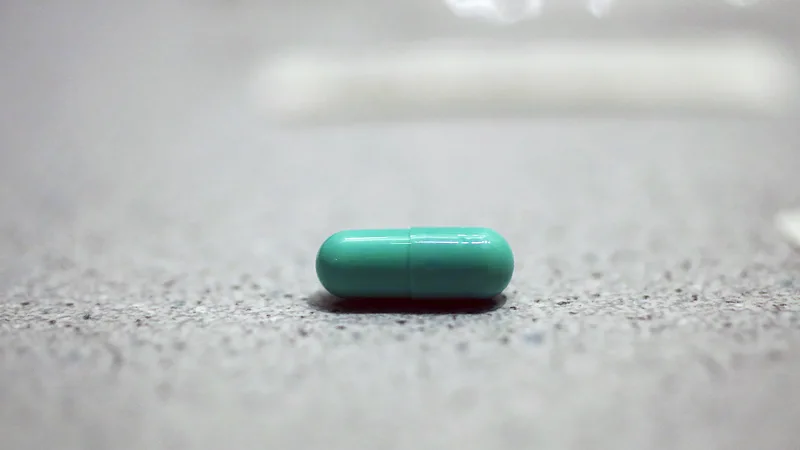A decision that opposed the use of MDMA in PTSD therapy sparked a strong response among psychedelic drug researchers.
Thirteen million Americans suffer from PTSD, or post-traumatic stress disorder. Psychiatrists grappling with the scope of the issue say that new treatments are desperately needed, as current medicines only provide relief for a small percentage of patients. Therefore, it was with great sadness that a US Food and Drug Administration (FDA) advisory committee decided earlier this month against a medicine that many had anticipated would provide the first novel treatment for post-traumatic stress disorder (PTSD) in 25 years.
Since then, a number of psychedelic specialists have penned statements endorsing MDMA-assisted PTSD treatment and have harshly criticized the FDA’s psychopharmacological.
But some are still optimistic that the treatment might be approved when the FDA delivers its final decision in August.
While MDMA, also commonly known as ecstasy or molly, is listed as a Schedule 1 controlled substance in the US and so is illegal to use outside research, there has been a growing number of studies suggesting that when used with psychotherapy it could have potential for treating PTSD and some other mental health conditions.
Ahead of the meeting, FDA approval of MDMA-assisted therapy for PTSD seemed likely, says Sandeep Nayak, an assistant professor of psychiatry at Johns Hopkins University, who investigates psychedelics as treatments for substance use and mood disorders. About two-thirds of people who received three sessions of MDMA and talk therapy no longer qualified for a PTSD diagnosis at the end of two Phase 3 clinical trials.







